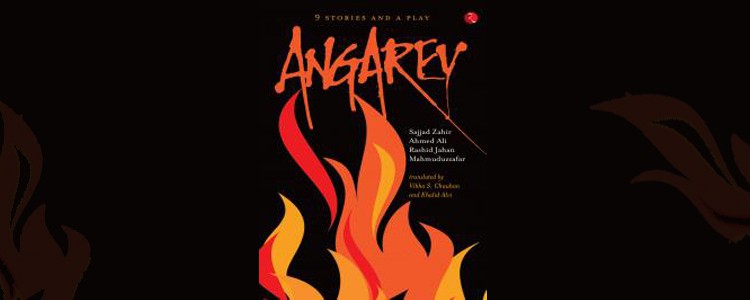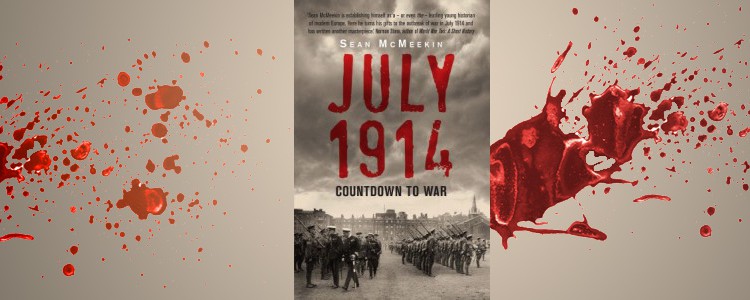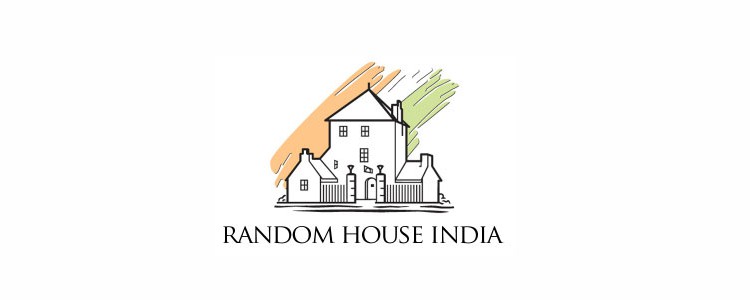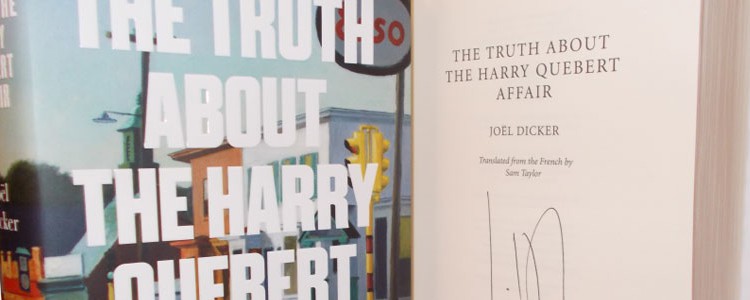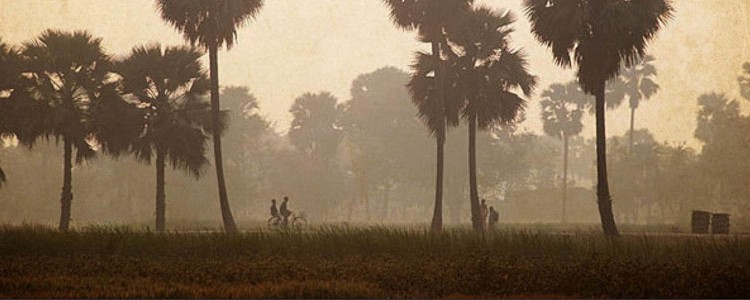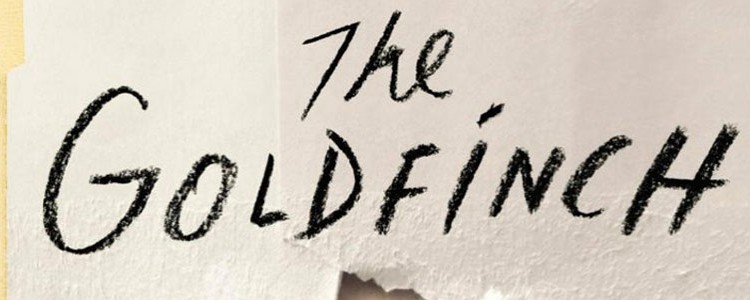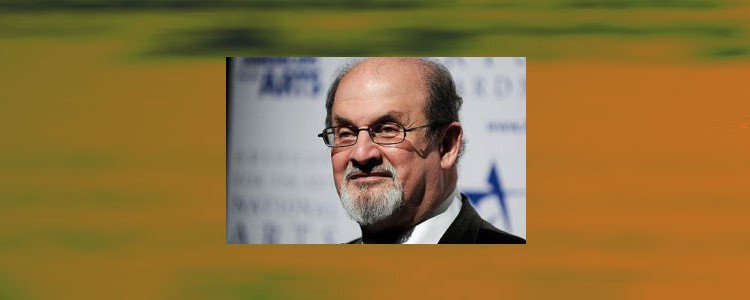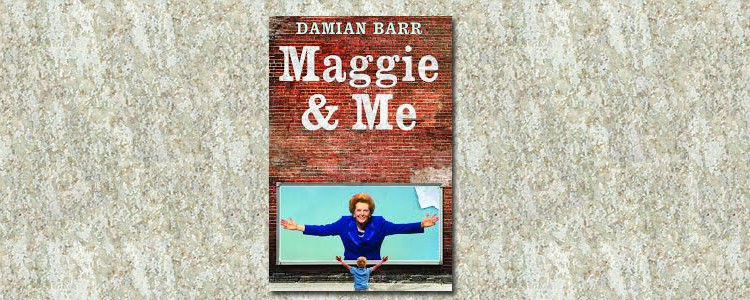( My interview with Emma Donoghue was published in the Hindu Literary Review online edition yesterday. 7 June 2014. An edited version has been published in today’s print edition. 8 June 2014. Here is the original url: http://www.thehindu.com/features/magazine/the-spirit-of-fiction/article6092640.ece I am c&p the entire text below. )

Special ArrangementAuthor Emma Donoghue.
Born in Dublin in 1969, Emma Donoghue is an award-winning writer of fiction, drama and literary history. She did a PhD in eighteenth-century literature at Cambridge University. Her books include fiction both historical ( Frog Music, Astray, The Sealed Letter, Life Mask, Slammerkin, The Woman Who Gave Birth to Rabbits) and contemporary ( Stir-fry, Hood, Touchy Subjects, Landing, and the international bestseller Room). These days she lives in London, Ontario, Canada with her partner and two children. She is currently working on the screenplay of Room ( which will be filmed in this autumn) and her first children’s book. For more information, please go to www.emmadonoghue.com . Excerpts from an interview:
Why do you like writing historical fiction?
Let me reverse that question: why do so many writers limit themselves to the historical era they were born in, when they probably wouldn’t dream of restricting their fiction to the place in the world where they live?
How long do you spend on research before you begin writing?
Hard to quantify, because I get ideas for moments, scenes, or even entire subplots of the novel while I’m in the middle of doing the research, so by the time I start actually drafting, I have already done much of the imaginative work of writing. Then I go back and do more research during the writing process as questions arise. So I don’t know how much time I’ve spent on each, but I would say that my historical novels probably take a bit more time to write than my contemporary ones.
How did you discover the subject of Frog Music?
In somebody else’s book: I found a page on the 1876 murder of Jenny Bonnet in Autumn Stephens’Wild Women, a marvellous compendium of American female rule-breakers of the nineteenth century.
When do you stop the research and begin writing the story?
For me there’s no hard line between the research and the story-making, because I approach the research in a spirit of fiction, meaning that at every point I’m looking for the unusual, the eye-catching, the strange and the atmospheric, rather than as a historian might, trying to generalise about the times.
How long does it take you to write the first draft of a novel?
Hard to say, because my projects overlap, to keep my working life varied. I got the idea for Frog Music about 15 years ago, but I’d guess that I spent about three solid years on it. If its historical fiction, I do spend time on checking facts once the story is completed. I keep checking things even while I’m proofreading.
Do you have a fondness for nineteenth century events? All though Astray had short stories set earlier.
Yes, my range (if you include my first collection of fact-inspired fictions, The Woman Who Gave Birth to Rabbits) has been from the fourteenth century to the twenty-first. But it is true that the nineteenth century is an appealing one for me because it’s close enough to be highly relevant to our own society, but far enough back to be exotic.
Jenny Bonnet, the cross-dresser, is unusual in nineteenth century San Francisco, but she resonates with readers of the twenty-first century for the kind of debates about sexuality in society. The topic certainly will with Indian readers, especially after the recent Supreme Court judgement. Was it a conscious decision to set this story as a response to contemporary events?
No, I don’t write historical fiction as a commentary on today (because that would be a perversely indirect way to comment on modern events!) but I find that it always does shed an interesting light on the now, especially because so many things that matter to us today (women’s rights, say, or anti-racism, or democracy) have their origins in the eighteenth or nineteenth centuries.
The details about the baby farms/orphanages are horrifying. Did it require a lot of research?
Yes; I had to work for a long time to find out what it cost to farm out your baby, how bad these places were compared with the other available childcare options, etc. The key detail was when I found one farm that had a separate room for the babies who were ‘paid up’, meaning handed over with a lump sum, and a silent expectation that they would not survive. For the details of how it might stunt a child to live in such an institution, I looked at modern evidence about, say, children in Romanian orphanages. The great historical fiction writer Mary Renault once said that history is horizontal rather than vertical, meaning that almost everything that happened in the past can be found happening somewhere in the world today.
Blanche Beunon’s character, being a whore and on the margins of society, has greater social mobility than most people. Yet it is her aspect as a mother that comes out very well. Frog Music is a comment on how a mother balances parenting and being a working woman — a conundrum that exists even in the twenty-first century. Did this development in the story occur to you consciously?
I was conscious of it, yes, but surprised when I first found the book moving that way. I had thought I was more or less done with the subject of motherhood after Room (both the novel, and the screenplay which I’ve been working on since the novel was published), but Blanche’s reference at Jenny’s inquest to her missing baby really haunted me. And once I’d decided to let Blanche narrate the whole story, it seemed irresistible to make the plot a sort of double hunt, for Jenny’s killer and Blanche’s child (and for her own moribund motherhood).
Why did you choose to make the protagonist ex-circus performers? Were circuses popular in nineteenth century America?
They were, but here I was drawing on fact: when I finally found Blanche (under her real name, Adele Beunon) and Arthur on a ship’s passenger list, they gave their jobs as bareback rider and acrobat respectively. I thought circus was a great background for them anyway: so cosmopolitan, bohemian, and literally risky.
Why did you include a glossary of French words and expressions used in the novel? It is an aspect that is fast disappearing from literature published in the Indian sub-continent.
As recent immigrants, Blanche and Arthur — I felt — would be very likely to use at least some French between themselves, and I liked the additional flavour — the almost untranslatable cultural concepts — that the French gave. But I don’t want to make the reader who knows no French feel left out. Of course I tried to make each sentence so that you could more or less guess what the French meant — an insult, say, or an endearment — but for the reader who likes to be sure, I wanted to offer the glossary. All the extras at the end (glossary, author’s note, song notes) can be skipped, but many readers do like to have those resources.
Would you consider Frog Music also as a kind of immigrant literature? It gives details of the French, Chinese and Irish lifestyles, the challenges including the rioting they faced upon moving to America.
Definitely. It goes with my recent collection Astray (which is all about immigrants to or migrants within North America) and my contemporary novel Landing which is about a half-Indian, all-Irish flight attendant who moves to Canada.
Do you prefer to write in longhand or directly at the computer?
I’m so dependent on software that I really doubt I could write great epics on dried leaves, come the apocalypse! I use a great program that allows me to write each scene in its own little file and them move the pieces around freely.
Where did you find much of the musical references in the novel as well as compiled in your playlist (http://8tracks.com/emmadonoghue/frog-music)? Does it continue to be available today?
I did things like looking up lists of 1870s, 1860s, 1850s songs on Wikipedia, reading books of folk songs, searching listings of spirituals, ballads, and bawdy songs. What was really tricky was finding versions of the lyrics (and the tunes, for using in the audiobook) that were definitely published before 1923, to ensure that they were out-of-copyright. Folk songs are usually passed on in a hazy spirit of ‘this is an old song’, without references, so it was a really hard slog to find their earliest published versions. But that gave me such interesting data about each song’s history (for instance, the fact that the famous Negro Spiritual ‘City Called Heaven’ turned out to be adapted from a white gospel song, or the poignant Irish ballad ‘Johnny I Hardly Knew Ye’ is actually an English music-hall satire) that I ended up including detailed notes on them too. I never end up resenting the time I’ve spent on research!
 This year has been marked by the publication of Rakhshanda Jalil’s thesis by OUP – A Literary History of the Progressive Writer’s Movement in Urdu and two translations of Angarey, first published in 1932 only to be banned. ( Here is a link to the introduction by Snehal Shangvi of the Penguin Books India edition, an extract published in Scroll.in on 15 June 2014: http://scroll.in/article/666833/why-fundamentalists-got-this-urdu-book-banned-when-it-appeared-in-1932/ ) The writers associated with this movement were people who wrote not necessarily for the joy of crafting great literature; they wrote because they saw, and were quick to seize, the great inescapable link between literature and socio-political change. Literature for them was a valuable tool in the cause of nation-building and social transformation. ( Jalil, p. xx) With the publication of Angarey the definition of forward-looking underwent a sea-change and the epithets of irreligious, godless, sacrilegious, even blasphemous, came to be used for a radical, new sort of writing. Many of these writers ( and their readers) were conversant with Western literary styles and English-language authors. It is also important to remember that the glory days of the PWM also spanned the most tumultous period of modern Indian history — Gandhi’s call to Satyagraha, India’s response to the rise of fascism, Nehru’s Muslim mass contact programme, Gandhi’s second civil disobedience movement, the Second World War and its impact on India, the Bengal famine, the rise of Telengana, tebhaga, and other movements, Independence, Partition, and the communal disturbances that scarred the nation. ( Jalil, p. xxviii) Some of the ideas that need to be mentioned regularly are that though Urdu literature was not being written by Muslims along, the great majority of nineteenth-century Urdu writers were indeed Muslims.
This year has been marked by the publication of Rakhshanda Jalil’s thesis by OUP – A Literary History of the Progressive Writer’s Movement in Urdu and two translations of Angarey, first published in 1932 only to be banned. ( Here is a link to the introduction by Snehal Shangvi of the Penguin Books India edition, an extract published in Scroll.in on 15 June 2014: http://scroll.in/article/666833/why-fundamentalists-got-this-urdu-book-banned-when-it-appeared-in-1932/ ) The writers associated with this movement were people who wrote not necessarily for the joy of crafting great literature; they wrote because they saw, and were quick to seize, the great inescapable link between literature and socio-political change. Literature for them was a valuable tool in the cause of nation-building and social transformation. ( Jalil, p. xx) With the publication of Angarey the definition of forward-looking underwent a sea-change and the epithets of irreligious, godless, sacrilegious, even blasphemous, came to be used for a radical, new sort of writing. Many of these writers ( and their readers) were conversant with Western literary styles and English-language authors. It is also important to remember that the glory days of the PWM also spanned the most tumultous period of modern Indian history — Gandhi’s call to Satyagraha, India’s response to the rise of fascism, Nehru’s Muslim mass contact programme, Gandhi’s second civil disobedience movement, the Second World War and its impact on India, the Bengal famine, the rise of Telengana, tebhaga, and other movements, Independence, Partition, and the communal disturbances that scarred the nation. ( Jalil, p. xxviii) Some of the ideas that need to be mentioned regularly are that though Urdu literature was not being written by Muslims along, the great majority of nineteenth-century Urdu writers were indeed Muslims. bouquet of riches for readers. Yet there is a vast difference in the quality of translations, and would be of valuable to interest to translators and academics. The notes on translations by Snehal Shangvi, Khalid Alvi and Vibha S. Chauhan are worth reading.
bouquet of riches for readers. Yet there is a vast difference in the quality of translations, and would be of valuable to interest to translators and academics. The notes on translations by Snehal Shangvi, Khalid Alvi and Vibha S. Chauhan are worth reading.
